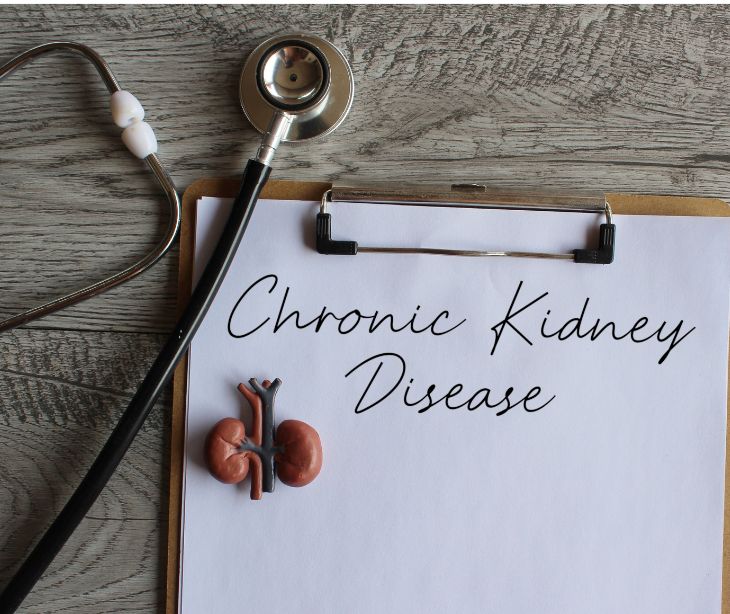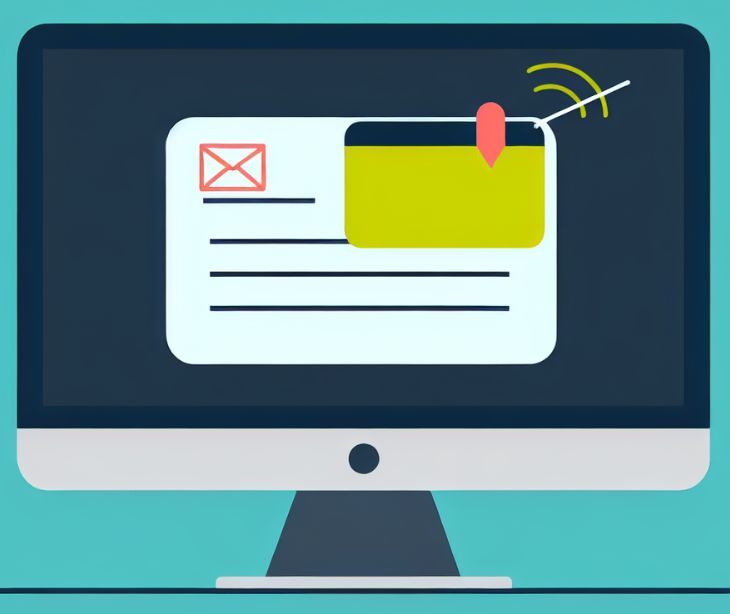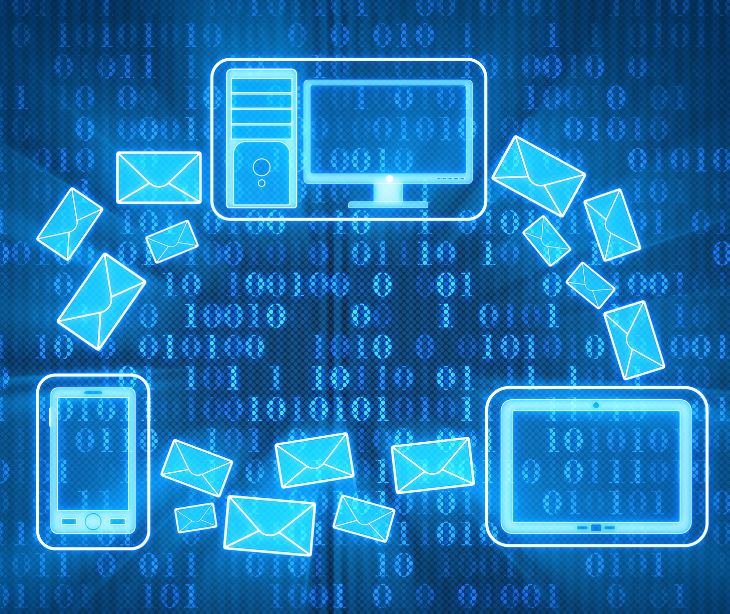2 min read
Managing chronic kidney disease (CKD) with HIPAA compliant emails
Caitlin Anthoney April 25, 2024

HIPAA compliant emails can help patients access educational resources, receive timely reminders, and engage in remote monitoring. These strategies could help patients manage chronic kidney disease, enhancing their quality of life.
What is chronic kidney disease (CKD)?
According to the National Kidney Foundation, “37 million adults in the United States are living with CKD - and approximately 90% do not even know they have it.”
The NIH explains that CKD is a condition characterized by the gradual loss of kidney function over time. Patients with CKD face a multitude of challenges, including managing blood pressure, adhering to dietary restrictions, monitoring fluid intake, and attending regular medical appointments.
Managing CKD
A study on dietary and fluid restrictions in CKD states “Dietary and fluid restrictions are disorienting and an intense burden for patients with CKD.” Further suggesting that providers implement “Patient-prioritized education strategies” and view adaptations to restrictions “as a collaborative journey… to help patients adjust to dietary regimens in order to reduce their impact on quality of life.”
Using HIPAA compliant emails
Providers can use HIPAA compliant emails to support patients in managing the challenges posed by dietary and fluid restrictions in CKD. More specifically, personalized HIPAA compliant emails can deliver relevant information about dietary restrictions, fluid management, and lifestyle modifications specific to each patient's needs.
For example, a personalized HIPAA compliant email can include a detailed overview of recent lab results, addressing any concerning trends and suggesting adjustments to treatment plans. This approach can help patients actively participate in their CKD management and keeps their sensitive health information secure.
Seamless communication about CKD symptoms
Healthcare providers can use email to explain the cause of these symptoms without revealing any protected health information (PHI). Patients can then respond with questions about CKD symptoms like fatigue, frequent urination, or swelling.
Education and resources on CKD causes and complications
Providers can use secure emails to send educational resources like articles or infographics about CKD causes (e.g., diabetes, high blood pressure) and potential complications (e.g., heart disease, bone disease). This could help patients understand their condition and make informed decisions about their healthcare plan.
Appointment reminders for CKD monitoring
Providers can send HIPAA compliant email appointment reminders to help patients stay on track with regular checkups for monitoring CKD progression. These reminders can also include information on what to prepare for the appointment, ensuring a productive visit.
Medication management support for CKD
Secure email allows healthcare providers to send medication reminders, dosage instructions, and refill notifications. For example, if a patient forgets to refill their prescription, a notification email could prompt them to contact their pharmacy, ensuring uninterrupted treatment, to help them mitigate potential CKD complications.
Remote monitoring of CKD progression
Remote monitoring allows for early detection of potential complications and timely intervention, potentially leading to better patient outcomes. For example, if a patient reports a significant increase in their blood pressure their nephrologist can adjust the patient's medication regimen promptly, preventing further complications and hospitalization.
FAQs
How do HIPAA compliant emails ensure patient privacy?
HIPAA compliant email platforms, like Paubox, encrypt patients’ protected health information (PHI) ensuring only authorized recipients have access. Additionally, these platforms provide secure login processes, like two-factor authentication and audit trails to track who has accessed the information. Overall, HIPAA compliant emails help healthcare providers maintain compliance with regulations and protect sensitive patient data.
What information can be shared via HIPAA compliant emails?
Providers can share test results, treatment plans, educational resources, appointment reminders, and medication instructions while maintaining patient privacy.
Read also: How to send HIPAA compliant emails
How can HIPAA compliant emails aid in patient education?
Providers can use HIPAA compliant emails to share educational resources tailored to each patient's needs, such as articles, videos, and infographics about CKD.
Read also: Empowering patients with HIPAA compliant emails and texts
Subscribe to Paubox Weekly
Every Friday we bring you the most important news from Paubox. Our aim is to make you smarter, faster.




